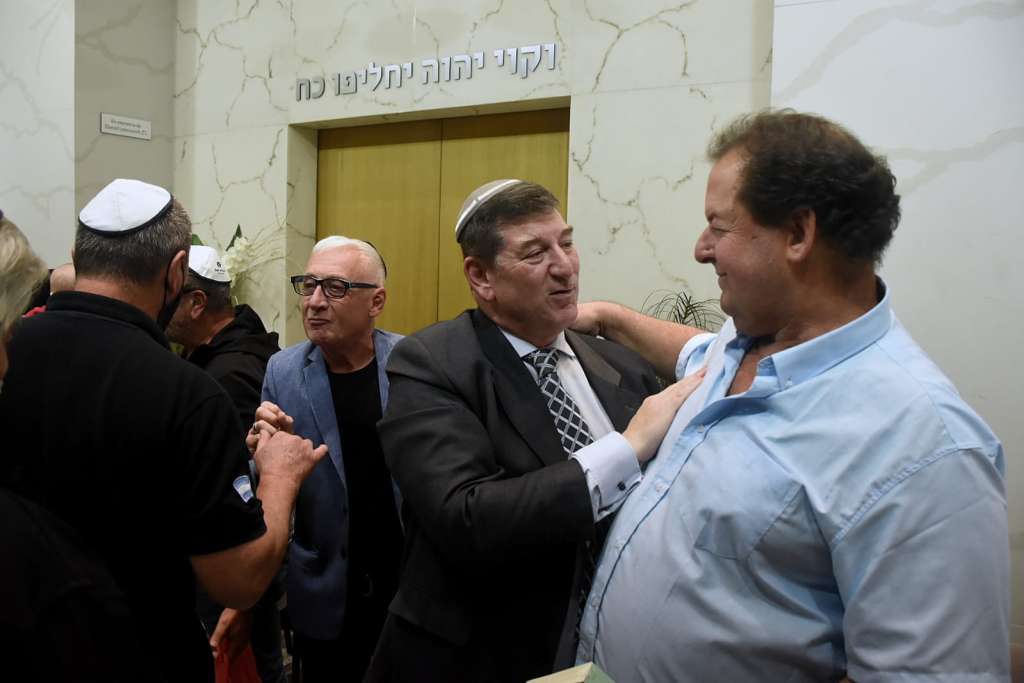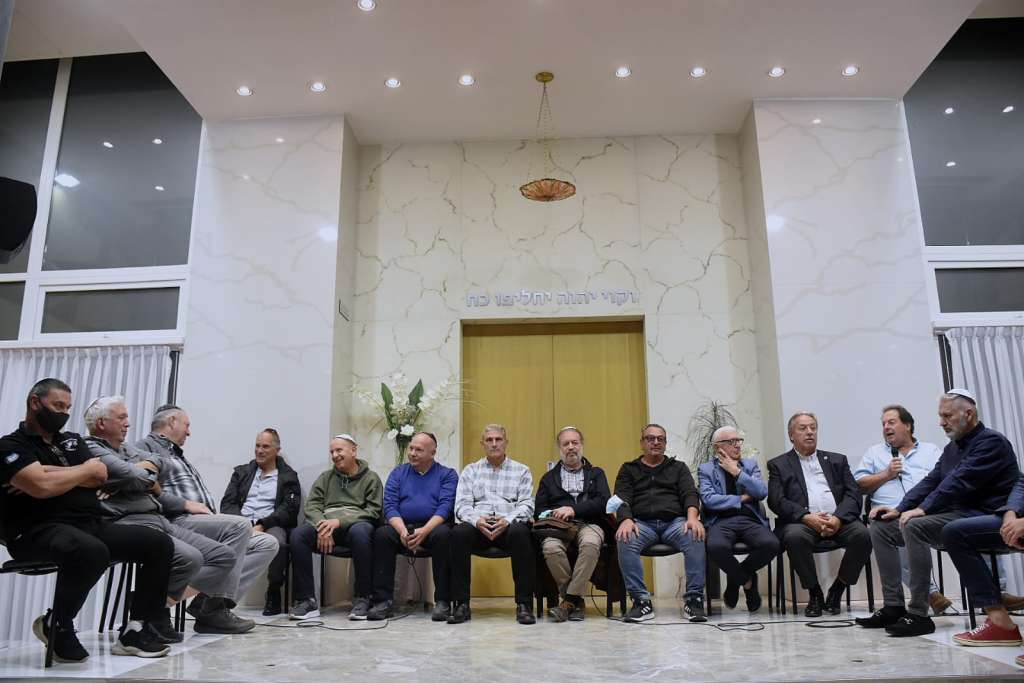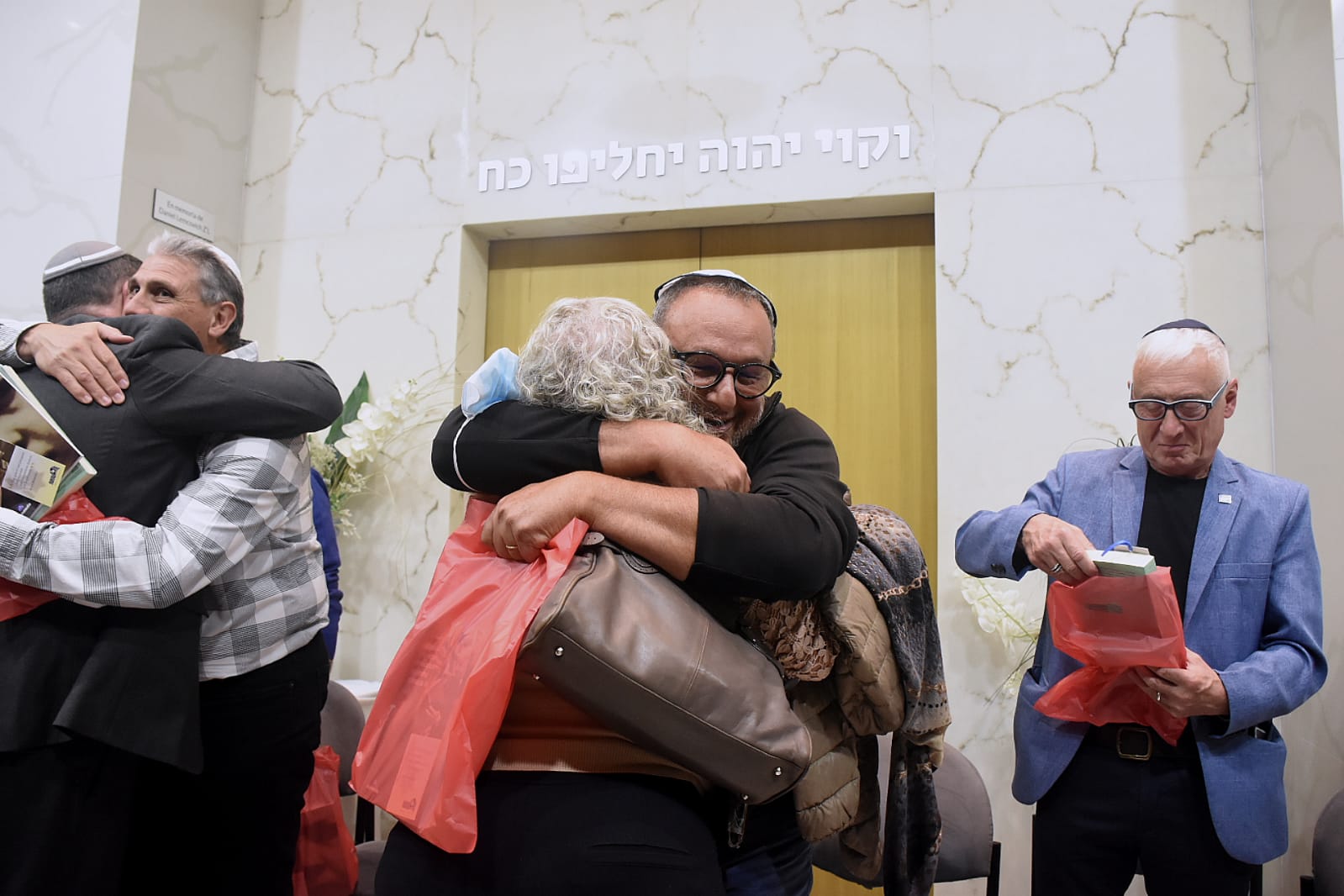Imagine you don’t have a cell phone. Moreover, not all homes have telephone line.
TV broadcasts five channels, one of which hardly ever can be seen. TV cable still doesn’t exist . And only half of the population have access to color television.
Imagine your country governed through 6 years by an iron military dictatorship. There are no individual liberties and it is beginning to be known that there are clandestine detention centers where all Human Rights are being violated and the fate of a significant number of people is uncertain because no one accounts for them. We only know of them through the claim of their relatives to whom few listened.
Even so, the economic crisis means that on March 30 people and union leaders were for the first time encouraged to take the streets to protest. Repression is fierce.
 Three days later, on April 2, 1982 whether you look at the newspaper or turn on the radio, you cannot believe it. The headline is “Argentina recovered the Malvinas Islands”. (Malvinas is the original and Argentine name of Falkland Islands)
Three days later, on April 2, 1982 whether you look at the newspaper or turn on the radio, you cannot believe it. The headline is “Argentina recovered the Malvinas Islands”. (Malvinas is the original and Argentine name of Falkland Islands)
The military regime took over a legitimate popular claim that goes deep into the historical right of Argentine Nation and vindicated it with an armed action against the United Kingdom.
Estimations of the military command were that British Empire was in decline and therefore was not going to mobilize for some islands of insignificant value in the other side of the planet. And also, that the United States would intercede in order to recognise the argentinian rights at a negotiating table. This victory, of course, would leave behind it the objections to the military government and legitimize its permanence.
They never thought they were giving Margaret Thatcher’s government a chance to show the validity of its imperial glory nor that the United States considered the United Kingdom as its greatest global ally.
They never thought it’s army, designed for internal repression, with recruit soldiers between 18 and 20 years old, poorly fed and clothed and minimally trained, was going to face a world professional and ultra-equipped power .
Among these young people were Jews who, as befits being part of Argentine society, had to dedicate a year of their youth to the service of their nation.
Many of these young people had the unpleasant experience of running into caporals and sergeants deeply trained in anti-Semitism, who upon learning of the recruits’s jewish condition, began humiliating and bullying them.
In some cases, when fate brought them into those islands, the ill-treatment worsened.
The Supreme Court is analyzing whether to declare Crimes Against Humanity those committed by anti-Semitic officers who made Jewish soldiers sleep on the outdoors and tied to the floor, with temperatures below zero. They have also commanded the other soldiers to urinate on them under penalty of suffering the same fate. And also made them eat food directly from the mud without using their hands.
Not all cases were alike.
Last Thursday 31st, the Wiesenthal Center brought together a group of these men, now around sixty years old, at Bet Hillel Community in order to give them a late but essentially necessary hug. Both for them and for us.
 We heard them telling us about their experience.
We heard them telling us about their experience.
We listened how one received a keychain with a tefilat ha derech (blessing for the journey) from his mother . And we could saw its relief crashed in the center as result of the pressure this soldier put on when the bombs fell down.
We moved listening a veteran who had brought his prayer book and told that his mate who did not know Hebrew and was also present that Thursday, asked him to write down in phonetics the Shema Israel prayer, so as could connect with its words in some way.
We listened at the volunteers telling different stories, such as one of a recently graduated doctor whom at the age of 22 was in charge of an intensive care unit on the battlefront.
We also listened about how difficult the post-war period was. About the helplessness they had to endure. About being seen as the failures who went to an unnecessary war, not having avoided going, of not wanting to be seen. About how no Community institution has given them the shelter and support they needed.
The carried out event was not only a 40 years tribute. It was also a hug. It was also love and containment and also a promise to stay by their side. It was also about being a community. About taking care of our brothers. About shaking hands to our Veteridisches, our Malvinas War Veterans.

























